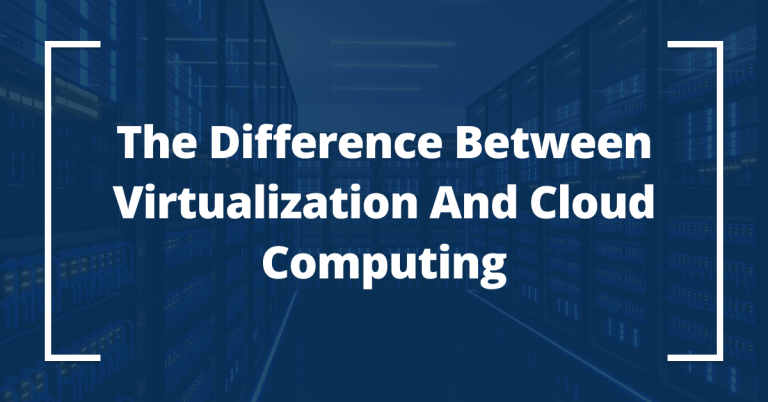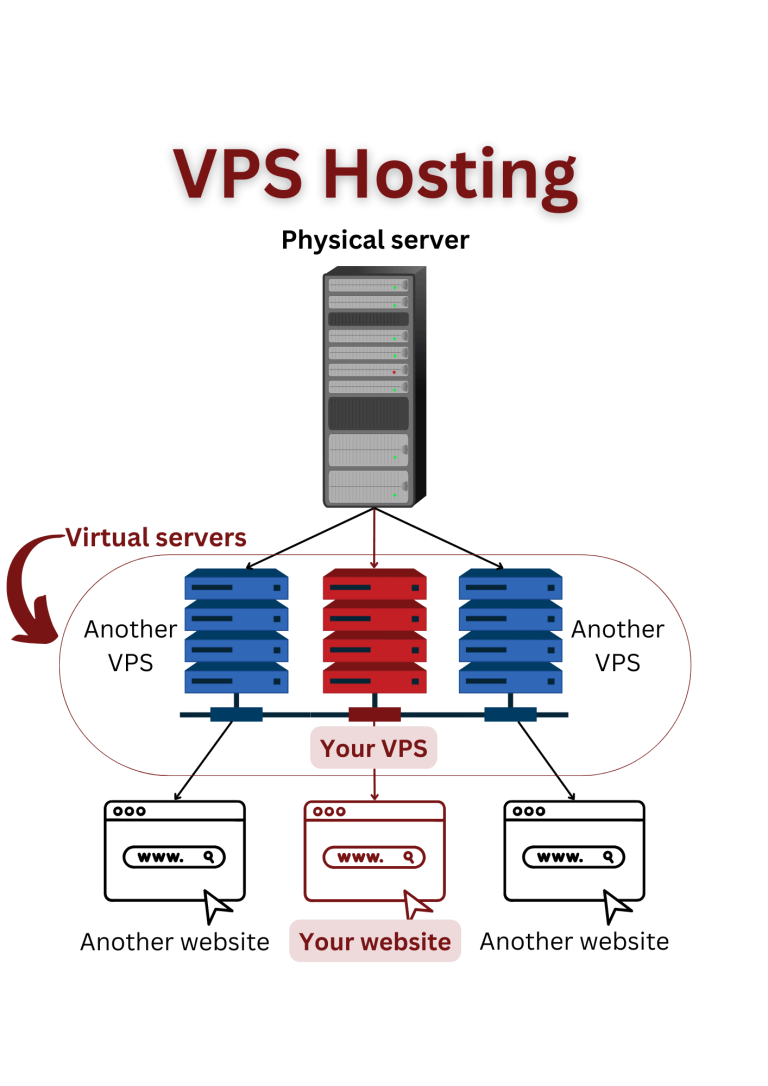As businesses increasingly move to the cloud, they are looking for ways to optimize their infrastructure and reduce costs. After all, the cloud isn’t just about performance gains. Imagine an old car that guzzles gas, shakes at high speed, and lacks useful features like a navigation system, anti-lock brakes, and cruise control. Moving to a cloud solution should be akin to trading in an old, outdated vehicle and buying a brand-new luxury car.
In making this decision, businesses are looking for features and benefits not available with older, traditional infrastructure. They are looking for ways to improve security and resiliency and optimize workflows as well as improve performance. One cloud configuration growing in popularity with many businesses that deliver these new benefits is managed private cloud.
This guide will explain how infrastructure optimization with managed services can increase revenue and performance in your organization.
Understanding Managed Private Cloud
A managed private cloud is a type of cloud computing that provides a scalable, on-demand, self-service platform for IT resources. It is typically managed by a third-party provider that offers pay-as-you-go pricing and can be customized to meet an organization’s specific needs.
Whereas public cloud is a model in which resources are shared by multiple organizations and users, a private cloud, as the name suggests, is a model where resources are dedicated to a single organization. Private clouds can be more expensive than public clouds but are often used by larger businesses that want more control over their data and security.
The shift to a managed private cloud optimizes a company’s infrastructure by the inherent nature of the cloud deployment itself.
What is Infrastructure Optimization?
Infrastructure optimization is the process of making an organization’s infrastructure more effective and efficient. It involves improving how infrastructure is designed, deployed, maintained, and operated.
Sometimes infrastructure optimization is about tuning, updating, and modifying existing resources. In other cases, the best way to optimize your infrastructure is to move to or integrate an entirely new set of resources, such as a managed private cloud.
Infrastructure Optimization Benefits
There are many benefits that come with infrastructure optimization. When an organization improves how its infrastructure is designed, deployed, maintained, and operated, it can see several improvements in performance, cost savings, and agility.
Infrastructure optimization can help organizations become more resilient and better able to respond to change. Additionally, it can make an organization’s systems and processes more efficient, saving the organization time and money.

10 Ways Managed Private Cloud Optimizes Infrastructure
Consolidates Data Centers
Organizations using managed private clouds can consolidate their data centers in a single platform on which to run all of their services. This can simplify management and reduce costs.
Improves Scalability
Managed private clouds can improve an organization’s scalability by allowing it to add or remove resources as needed dynamically. This can help organizations keep up with changes in demand and avoid over-provisioning resources.
Increases Security
By isolating its applications and data from the public internet, managed private clouds can increase an organization’s security. They often come with enhanced security features, such as firewalls and intrusion detection systems.
Helps Manages Resources Better
Organizations can better manage their resources with a managed private cloud as it allows for more infrastructure control. Additionally, many of the tasks associated with resource management, such as provisioning and monitoring, can be automated.
Saves Money
Organizations money by reducing their need for physical infrastructure by utilizing managed private clouds. Often overlooked is the fact that this configuration can help organizations lower their energy costs as well. Over time, those savings add up in meaningful ways.
Boosts Performance
Managed private clouds can improve an organization’s performance by providing it with a more efficient way to use its resources. This type of deployment can help organizations reduce their latency and improve response times.
Increases Agility
The ability to provision resources quickly and scale applications and services through managed private clouds increases an organization’s agility. Additionally, managed private clouds can help organizations respond quickly to changes in demand, surges, and traffic spikes.
Increases Resiliency
Managed private clouds can help organizations become more resilient by providing them with a way to recover from outages and disruptions quickly. Disaster recovery planning is also made more resilient.
Helps Respond Better to Change
By empowering organizations to adopt and integrate new technology as their business needs require, managed private clouds allow organizations to better respond to change. Part of these changes happens with workflows and processes. Thankfully, managed private cloud offers the flexibility to adapt.
Improves Efficiency
Organizations can make their systems and processes more efficient by automating many of the tasks associated with them. This can improve their resource utilization and lower costs.

Use Cases for Managed Private Cloud
It is crucial to understand when a managed private cloud is the right choice for the business’s needs. The ideal alignment is when the cloud deployment enhances and improves the network in tandem with improving the business. Managed private clouds are great for:
- High-growth companies: High-growth companies that are looking to scale their operations quickly can benefit from managed private clouds.This allows organizations to keep up with demand and avoid downtime.
- Companies with regular traffic spikes: Similar to high-growth companies, organizations that deal with traffic spikes on a consistent basis can also use managed private clouds as a way to rapidly scale their resources. This can help ensure that their applications and services are always available.
- Companies with seasonal or irregular needs: Conversely, companies with seasonal or more-predictable traffic patterns can benefit greatly from managed private cloud deployments. Whereas companies with traffic spikes may need to add resources quickly, companies with seasonal demand may need to remove resources quickly. A managed private cloud makes that possible.
- Companies with complex regulatory compliance requirements: Organizations are able to isolate their applications and data from the public internet and can often enjoy enhanced security features with a managed private cloud. This helps address complex regulatory requirements.
- Companies with enhanced security needs: Managed private clouds can help organizations improve their security by isolating their applications and data from the public internet. Financial institutions or companies with large amounts of private data enjoy a private cloud’s enhanced security capability.
Optimizing Your Infrastructure With a Move To Managed Private Cloud
An organization’s choice to use a managed private cloud should be based on its specific needs and goals. However, there are a few general benefits that all organizations can expect from this type of deployment. These benefits include increased security, improved resource management, cost savings, performance, agility, resilience, and the ability to respond better to change.
Liquid Web offers solutions to help organizations improve their infrastructure. They can help you consolidate your data centers, improve scalability, or increase security. Additionally, they can help you better manage your resources and save money on your infrastructure costs while delivering the white-glove managed services they are known for.
Reach out today to learn more about infrastructure optimization with managed private cloud solutions.





